The Absence of Audience in Virtual Music: Appendix C
By Joel Peters
Like many musicians during lockdown, I participated in ‘virtual music making.’ I record myself playing the piano part and send it over to another musician to listen to and then record their part following my recording. The inverse of this also takes place. Virtual music making was, until recently, the only musical contact I had with others since March’s isolation began.
After a few months of lockdown, Tim Wilfong (a singer friend of mine) and I decided to record together in the same room just as we had done before the pandemic, though now careful to practice social distancing. As soon as we started, it felt different. I could hear that he was responding to my volume, my tempo, my gesture, my breathing; he was responding to everything that goes into music making, just as he could tell that I was responding to him.
I more or less expected this (it has not yet been long enough for me to forget what it is like to make music with another human body), and in many ways it was not any sort of profound revelation. It was nevertheless joyous, similar to how seeing a friend in person for the first time after a long absence yields an expected but no-less marvelous thrill—the joy of them responding to you in real time with all the modes of expression the body has been given.
Upon further reflecting on this experience, I recognized another element that I had very much forgotten about and did not expect: help. Playing live makes you vulnerable because you will inevitably make a mistake. When you play virtually, you make sure that you have no mistakes in your recording before you send it off to the other musician. Who wants to record to a track where you hear the same mistakes in the same places, over and over and over? Not only is it a bit annoying to hear, but it is also jarring and frustrating to try to play correct notes over wrong notes.
In a live setting, however, the situation is very different. First, the wrong notes will only happen once (or at least we hope so!). The next run-through, they will be corrected. Each time it’s a new performance, and therefore a new set of possibilities.
Second, your partner can catch you. In one of the pieces we were recording in person, I wasn’t as prepared as I had wanted to be, and so was feeling somewhat anxious. At one point I stumbled over a passage, and he listened, and was able to course-correct and bring us both back into a beautiful rhythm once again. This was the moment where I most fully sensed that this is how music is supposed to be made; the music felt real in a way that my virtual music making had not.
When I’m playing to a recorded track and I fall behind, it is up to me, and only me, to find my way back. The recorded track will march along without me no matter how many times I call out for help. It will not adjust to me. I’m on my own. I have perfect independence! The recorded track also doesn’t care how many times you’ve rehearsed with it, you can always press play again. You even have the power to slow it down (with the right software), adjusting it to your capabilities. But again, this is up to you, not the software.
One could imagine, and likely this already exists, a playback software that adjusts to your tempo. But this is not the same kind of help that a live musician offers. A live musician has the choice of whether or not to help you get back up after you’ve fallen into a nasty thorn of notes. Any long-time collaborative partner can immediately sense when things are going off the rails and how to bring that train back into a rhythm where the musical journey can continue.
About the Author
In addition to concertizing, teaching, conducting, and composing, Joel Peters is co-artistic director and founder of Earth World, a creative force which generates new music, art, and literature through collaboration.
In 2014, he obtained a Master’s from McGill University, studying repertoire with Hans-Ola Ericsson and improvisation with Dr. William Porter. In May 2017, he graduated from the same university with an Artist Diploma.
Among the numerous awards Peters has received are those recently won in 2016 at le Concours OSM Manuvie: third prize in the organ category; prize for the best performance of the imposed Canadian work; Stingray Rising Stars Award (Publics Choice); and the Orford Music Prize. And of personal highlight, Peters received perfect scores from the jury members for his final Artist Diploma recital entitled, “Organ Ocean Waves of Sound.”
He is published with Firehead Editions and Fred Bock publishing.


